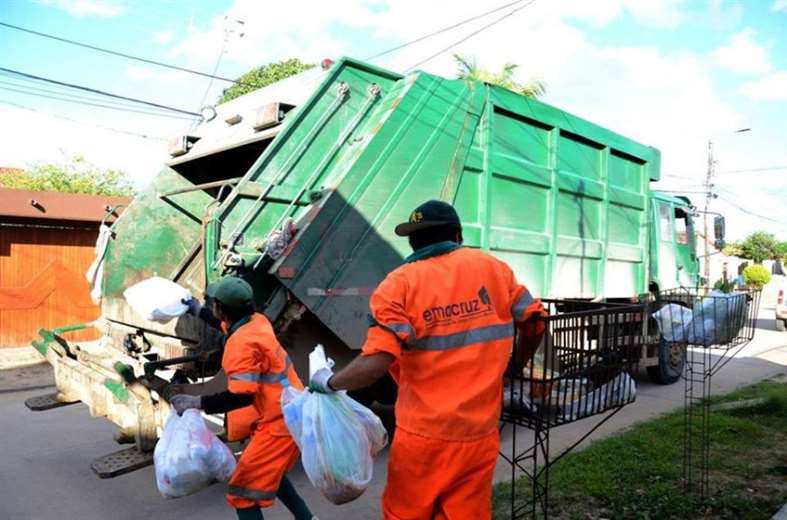The trade in São Paulo generated 10,371 formal jobs in April, after 2,600 jobs closed in March, according to data from the Employment Survey in the State of São Paulo (Pesp), of the Federation of Commerce of Goods, Services and Tourism of the State of São Paulo (FecomercioSP).
“It is important to point out that, in April of last year, the state faced the most restrictive phase to the operation and occupation of establishments considered non-essential”, says FecomércioSP.
Retail was the sector that stood out the most in April, with the creation of 6,345 jobs, influenced by the hardware, wood and construction materials segment, with the creation of 860 jobs.
The wholesale trade generated 2,647 jobs, thanks mainly to the food products segment in general, responsible for the creation of 365 jobs.
The sale and repair of vehicles registered the development of 1,379 vacancies, with emphasis on the retail activity of new vehicle parts and accessories (325).
The survey also shows that, in the first four months of the year, the balance is negative, with the closing of 11,337 jobs. Retail, which lost 24,698 jobs, was the main responsible for the result in the period.
The main influences observed were the results of hypermarkets and supermarkets (-15,037) and clothing and accessories (-7,066). Wholesale had a positive balance of 8,984 jobs, while the vehicle trade and repair sector generated another 4,377 jobs.
In services, 27,938 jobs were created throughout the state of São Paulo, an increase of almost 200% compared to the same period last year, when 9,725 jobs were generated.
With the April result, the stock reached almost 6.692 million employment relationships. Of the 14 divisions that make up the sector, 12 showed progress in employability: transport, storage and postal services, with 8,679 new jobs, and accommodation and food, with 7,186 jobs, were the ones that generated the most vacancies.
capital of São Paulo
According to FecomercioSP, in the city of São Paulo, commerce generated 4,182 formal jobs, with emphasis on retail, which created 2,779 jobs, driven by clothing and accessories (436). In the year, the sector lost 932 jobs, due to the retail division (-5,583), especially hypermarkets and supermarkets (-4,839).
In services, 5,579 vacancies were created, with the best result in the accommodation and food group (3,300), led by restaurants and bars (2,493), while the worst was observed in administrative and complementary services, which lost 7,313 jobs, with special attention to the segment of selection, agency and leasing of labor (-4,230 vacancies). In the year, there were 51,100 positions, with leadership in educational services (14,456).
















